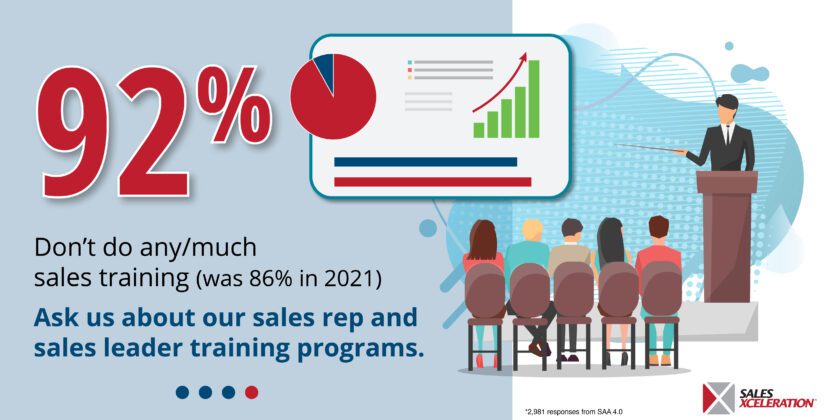Change is inevitable, and small business owners must constantly adapt to stay ahead of their competition. While traditional consultants may offer valuable insights and recommendations, they often lack the hands-on commitment to implement these changes effectively. A consultant will write a report and presentation to advise management of required changes and then count on management to deploy the advice effectively. More than a report or playbook is usually needed to drive tangible results.
Enter the concept of a fractional executive. This innovative solution provides small businesses the strategic guidance and support they need to grow and evolve. In this blog post, we’ll explore the role of a fractional executive, discuss their benefits, and share tips for finding the right fit for your business.
A fractional executive is a seasoned professional who offers expertise and leadership on a part-time or project basis. These individuals often have extensive experience in their respective fields and can fill critical gaps in a company’s leadership team. From acting as a temporary CEO to guiding sales or financial strategies, fractional executives provide services tailored to your business’s unique needs.
The critical difference between a fractional executive and a traditional consultant lies in their level of commitment. While consultants often deliver a one-time report or set of recommendations, fractional executives are actively involved in the day-to-day operations of your business. They work closely with your team to implement changes, monitor progress, and adjust strategies as needed, ensuring that your business thrives in the long term.
Consultants can create beautiful reports using modern tools like Chat GPT. While a report generated by Chat GPT can provide valuable insights and recommendations for a business, it is crucial to recognize that such a report alone is insufficient to drive meaningful changes. To successfully implement and manage the recommended changes, businesses require a more hands-on and personalized approach that addresses their unique challenges and opportunities. A report can serve as an excellent starting point, but companies must invest in dedicated human expertise to ensure that the proposed changes are effectively integrated into their operations.
A Chat GPT report may be insufficient for driving change because it cannot fully account for the intricacies and nuances of each business. While AI-generated reports can be well-researched and informative, they may need a more profound understanding of company culture, team dynamics, and specific market conditions necessary to develop tailored strategies. On the other hand, a human expert can work closely with stakeholders, employees, and customers to gain a comprehensive understanding of the business’s unique needs and challenges, allowing them to develop and implement more effective change initiatives.
Additionally, change management requires ongoing support and guidance, which a Chat GPT report or an absentee consultant cannot provide. Implementing changes often involves overcoming obstacles, refining strategies, and addressing unforeseen issues that arise during the process. A human expert, such as a fractional executive, can provide the necessary support and adaptability to navigate these challenges and ensure the success of the change initiatives. By working closely with the business daily, they can monitor progress, identify areas for improvement, and make real-time adjustments to keep the change process on track.
Read the rest of the article…

